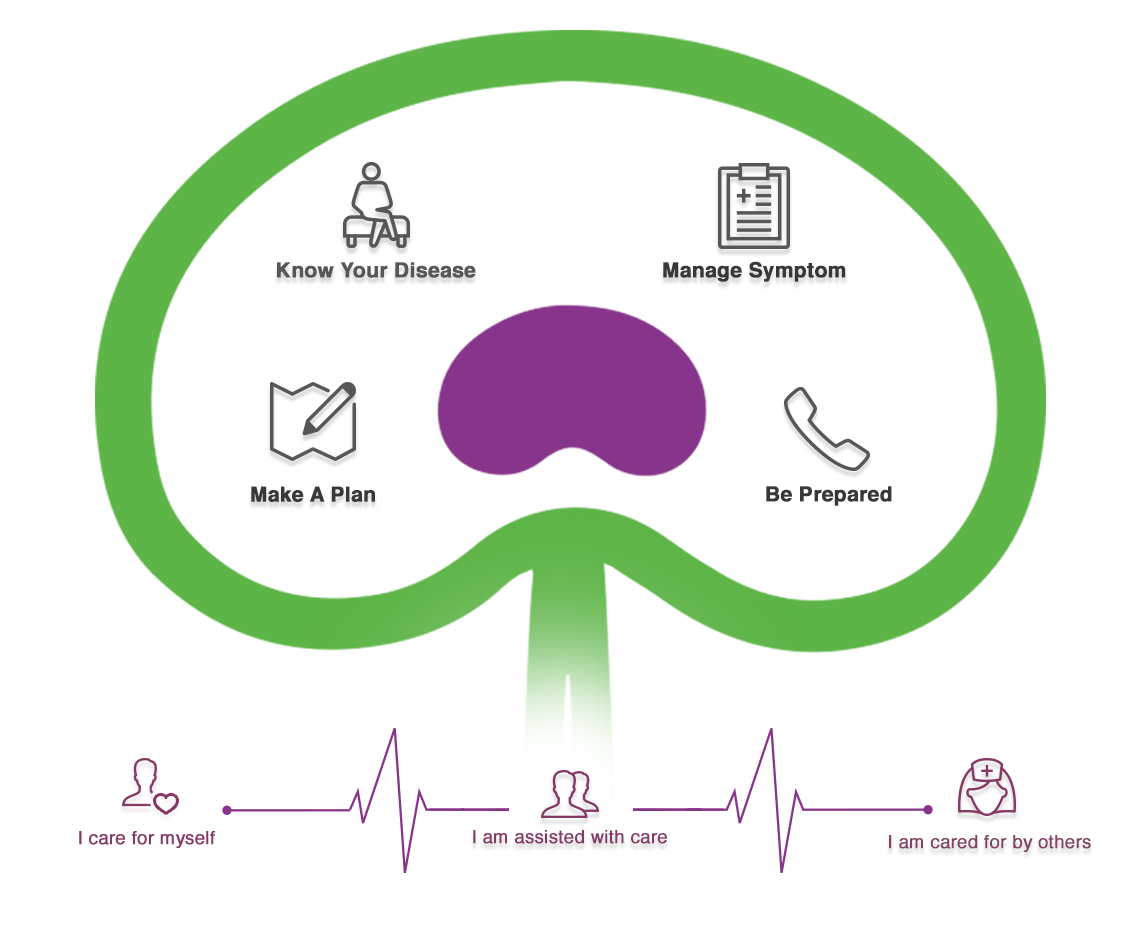Constipation
Constipation is common in people with kidney disease. Constipation is described as difficult, hard, incomplete or irregular emptying of the bowels. Constipation can be different for each individual. Constipation can be caused by restricting the fluids you drink, some medications, a diet low in fibre, stress and/or too little exercise.
Constipation can become a serious problem. Constipation can lead to a bowel obstruction, where stool has blocked a portion of your bowel. If you are experiencing constipation along with: nausea, vomiting, a swollen abdomen and/or abdominal cramping or pain, speak to your health care provider as soon as you can.
These tips may help you prevent or treat constipation.
- Increase your physical activity to help get your bowels moving (if it’s safe for you).
- Make sure you are drinking as much fluid as your doctor or dietician have told you to drink.
- Eat regular meals and snacks throughout the day.
- Try to train your bowels by using the bathroom when you wake up and after meals. Do not ignore the impulse to have a bowel movement.
- Increasing your fibre intake (if it’s safe for you). Speak to your care provider before increasing the amount of fibre you eat in your diet.
- Increase your fibre intake slowly.
- Do not have your fibre intake all in one meal; spread your intake of fibre throughout the day.
- Speak to your dietician about the right fruit and vegetable choices for you if you need a potassium restricted-diet
- Fruits with the most fibre are pears, apples, raspberries, blueberries, peaches, strawberries, cherries and grapes.
- Vegetables with the most fibre are green peas, turnips, corn, carrots (boiled), cabbage, green or yellow beans, broccoli (raw) and cauliflower.
- Try adding a small amount of prunes to your diet. Have no more than 3 dried or canned prunes per day and no more than ¼ cup (60mL) of prune juice per day.
Speak with your care provider if constipation is a problem for you. Your care provider may speak to you about medicines you can take to help you have a bowel movement regularly. Talk to your care provider before taking over the counter constipation medicine (laxatives).



